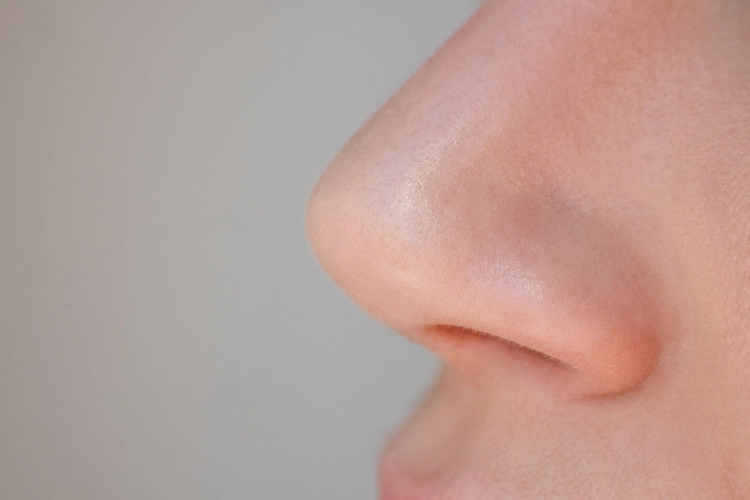Drug and alcohol addiction can take a terrible toll on anyone’s life.
Addiction is classified as a brain disease or disorder and it can strike anyone, changing the way they think, feel and behave.
The American Psychiatric Association says: “Changes in the brain’s structure and function are what cause people to have intense cravings, changes in personality, abnormal movements, and other behaviours.
Brain imaging studies show changes in the areas of the brain that relate to judgment, decision making, learning, memory, and behavioural control.”
Get In Touch
Are you suffering from Addiction and need help? Addiction Advocates are leading UK based experts in Private Drug and Alcohol Rehabilitation Treatment. Find out how we can help by getting in touch with our friendly team today.
This helps explain why breaking free from addiction is so difficult without expert help. Luckily, addiction can be treated like other illnesses and alcohol and drug rehab centres use the best evidence-based treatments available to help people to recover from this terrible disease.
If you are struggling with an addiction to drugs or alcohol, it might be time to find out how rehab in Ramsbottom could help.
What is Rehabilitation?
Residential rehabilitation, more commonly known simply as rehab, is the process of delivering a drug and/or alcohol addiction treatment programme in a residential setting. Rehab centres and programmes tend to be abstinence-based, meaning that participants do not drink or take drugs at all during their stay.
This means they will usually go through drug or alcohol detox as part of the programme, as well as a wide range of other treatments aimed at enabling them to make a long-term recovery.
If you do decide that rehab in Ramsbottom is the route for you, you will receive a tailored package of treatment that will give you the very best chance of making a full recovery.
Outpatient and Inpatient Rehabilitation Treatments in Ramsbottom
Inpatient addiction treatment refers to the type of treatment programme you will receive in a residential rehab centre and there are a number of benefits to this type of treatment.
Firstly, you will be away from your usual stresses, triggers and temptations, in a tranquil and secure environment where you can really concentrate on your recovery. You will be able to undergo detox in a safe and supervised location and the treatment programme will be delivered in a structured, methodical manner.
By contrast an outpatient programme for alcohol or drug addiction – sometimes known as community-based treatment – involves staying in your own home and attending appointments and sessions at one or more locations. This can be difficult if you are leading a chaotic lifestyle due to your addiction and even so-called ‘functioning’ addicts can find it less effective than a stay in rehab.
You will also be surrounded by the people, places and situations associated with your drinking or drug use, which can make it harder to abstain. You will also have to largely manage your own detoxification, which can be very difficult and potentially dangerous to go through without expert help.
What happens in Detox?
Alcohol or drug detox, also known as detoxification, is the process during which you process or metabolise the toxic elements – the drink or drugs in other words – that are already in your system. Some people do attend rehab having already gone through a period without drinking or taking drugs, but most undergo detox as part of the wider rehab process.
One major reason that detox is so difficult to go through alone is the associated experience of withdrawal symptoms that usually accompany the process.
With cocaine or cannabis addiction the withdrawal symptoms are primarily psychological in nature but these can still be severe, unpleasant and potentially dangerous if they involve depression and thoughts of self-harm. Other substances, including alcohol and opioids such as heroin, can bring on more severe physical withdrawal symptoms.
Undergoing detox in rehab means you will be under medical supervision and may be prescribed medications where appropriate that can help mitigate some of these symptoms. You will also receive 24/7 support from experienced professionals and will be less likely to succumb to cravings as drugs and alcohol will not be readily available.
What Addiction Treatment Therapies are available?
Getting clean or sobering up is a vital step but it is certainly not the end of the journey. You will also need to deal with the root causes of your addiction and learn about relapse prevention strategies.
Group and individual therapies can be very important in this area and some techniques such as cognitive behavioural therapy (CBT) have been shown to be particularly effective. Living a healthier lifestyle can also help the recovery journey once you leave rehab and areas such as nutrition, relaxation and meditation may also be covered.
Mental Health and Addiction Treatments
Mental health treatments can also be administered in rehab. Some people will go into rehab specifically to treat a mental health issue such as an eating disorder, while other mental health problems will be treated at the same time as addiction problems.
There is a complex interaction between mental health, substance misuse and addiction. In some cases a mental health problem can fuel problem drinking or drug use, while in other cases substance misuse and addiction may trigger or exacerbate mental illness.
Treating both sides of the equation at the same time is often known as dual diagnosis treatment.
Frequently Asked Questions
Latest News

Everything You Need to Know About the Brain-PACER Study
Addiction is a very complex condition that is difficult to treat. It has psychological and habitual elements, but also involves

How to Overcome FOMO in Recovery
Deciding to start your journey of recovery is something you should be incredibly proud of. It’s a life-changing decision, and

What Does Cocaine Do to Your Nose?
Cocaine is a powerful stimulant drug that is recreationally used for its euphoric effects. However, while it might offer immediate

Are Nightcaps Healthy?
You’ve probably heard of the term ‘nightcap’. In drinking terms, it’s up there with ‘one for the road’ and ‘hair